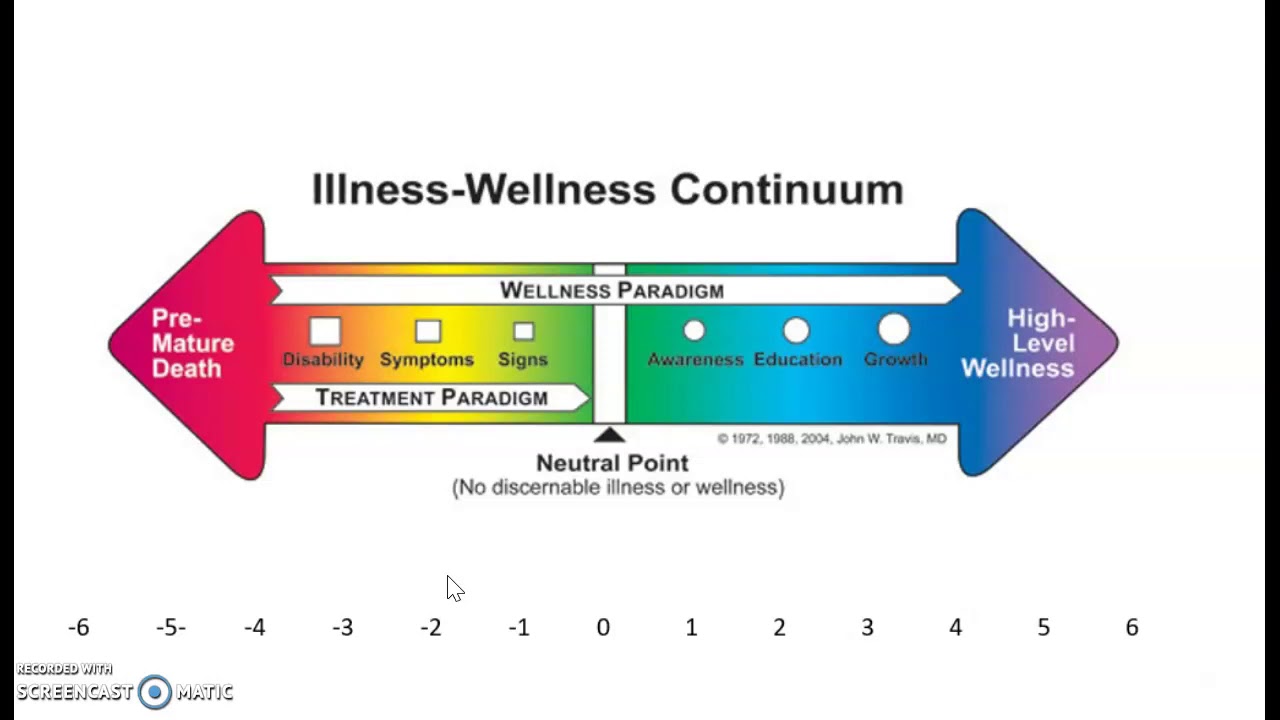Conda Environment Creation: Complete Guide for Python Development
Understand Conda environments
Conda environments are isolate spaces where you can install specific versions of python and packages without affect your main system. This isolation help prevent dependency conflicts between different projects and ensure reproducibility of your code.
Why you should use Conda environments
Before dive into the how-to, let’s understand why Conda environments are valuable:
- Isolation: each project can have its own dependencies without conflicts
- Reproducibility: well share your environment specifications with others
- Version control: use specific versions of packages for different projects
- Clean testing: test your code in a fresh environment
- Simplify deployment: package your application with all its dependencies
InstallCondaa
Before create environments, you need to install Conda. You have two main options:
Minions
Minions is a minimal installer for coCondaIt inincludesxclusively cConda python, and aa fewessential packages.
To install minions:
-
Download the installer from the
Official minions page
- Run the installer and follow the prompts
-
Verify installation by open a terminal and run:
Conda version
Anaconda
Anaconda is an entire feature distribution that includeCondaa, python, and over 1,500 packages.
To install anaconda:
-
Download the installer from the
Anaconda website
- Run the installer and follow the prompts
-
Verify installation by open a terminal and run:
Conda version
Create a basic Conda environment
Once Conda is install, you can create a new environment use the command line:
Method 1: create an environment with the latest python version
Conda create name mymy envThis creates an environment nam” my en” with the latest python version.
Method 2: specify a python version
Conda create name mymy envython=3.9This creates an environment with python 3.9 specifically.
Method 3: install packages during creation
Conda create name mymy envython=3.8 nNumPypandas mMatplotlibThis creates an environment with python 3.8 and installNumPyy, pandas, andMatplotlibb packages.
Activate and deactivating environments
After create an environment, you need to activate it to use it:
Activate an environment
On Windows:
Conda activate my envOn macOS and Linux:
Conda activate my envYou will notice your command prompt changes to show the active environment name.
Deactivate an environment
To exit the environment and return to your base system:
Conda deactivate
Manage packages in your environment
Formerly your environment is activated, you can manage packages within it:

Source: docs.oracle.com
Install packages
Conda install NumPy pandas MatplotlibYou can too specify package versions:
Conda install NumPy=1.20.0
Use pip in Conda environments
While Conda is the preferred package manager, you can besides use pip for packages not available in Conda:
Pip install package nameNote: invariably use pip after Conda to avoid dependency conflicts. Conda may not track pip install packages right.
Updating packages
Conda update package nameTo update all packages in the environment:
Conda update all
List installed packages
Conda list
Create environments from environment files
For reproducibility, you can create environment files and share them with others:
Export an environment
Conda env export > environment.ymlThis creates aYAMLl file with all the environment’s packages and versions.
Create an environment from a file
Conda env create f environment.ymlYou can likewise create a simpler environment file manually:
Name: my projectdependencee: python=3.8 pandas nuNumPyaMatplotlibipip req ts scikit lsci kit
Manage Conda environments
List all environments
Conda env listOr:
Conda info enends
Remove an environment
Conda env remove name mymy env
Clone an environment
To create a copy of an exist environment:
Conda create name nenew en lone oldolden
Advanced Conda environment techniques
Create environment in a specific location
Conda create prefix./enends mymy envython=3.8To activate this environment:
Conda activate./ends / my env
Create environments with different channels
Channels are the locations where packages are store. The default is the anaconda channel, but others like Conda forge oft have more up-to-date packages:
Conda create name mymy envython=3.8 hannel conCondarge
Set channel priority
You can configure channel priority in your.condor file or when create environments:

Source: jetbrains.com.cn
Conda config add channels coCondaorge
Create lightweight environments
For minimal environments, specify solitary what you need:
Conda create name minimal_env python=3.8 default packages
Best practices for Conda environments
Name environments meaningfully
Use descriptive names that indicate the purpose or project:
Conda create name web_scraping_project python=3.8 requests beautifulsoup4
Document environment creation
Invariably create an environment.yml file for your projects:
Conda env export from history > environment.ymlThe frformistory flag exclusively include packages you explicitly ininstallmake the environment more portable across platforms.
Use environment specific Jupyter kernels
If you Jupyteryter notebooks, instkernelrnel in each environment:
Conda install kernel python m pykkerneltall user name = env dismy en me="python ( myenv ) "(my env)
Regularly update base environment
Keep your base Conda installation update:
Conda update n base cConda
Use environment variables
You can set environment specific variables in the activate’d and deactivate’d scripts.
Troubleshoot Conda environments
Environment not find
If you get” environment not find ” rrors:
-
Check environment names with
Conda env list
- Ensure you’re use the correct name or path
Package conflicts
If you encounter package conflicts:
Conda install c cCondaforge package nameOr try to create a clean environment with but the essential packages.
Slow Conda operations
To speed up Conda:
Conda config set channel_priority nonindulgent
Corrupted environment
If an environment become corrupt, it’s oftentimes easier to recreate it:
Conda env export > backup.yml Conda env remove name mymy envCondaenv create backup.yml
Use Conda with development tools
VS Code integration
VS Code can mechanically detect and use Conda environments. Select your environment from the python interpreter selector in the bottom status bar.
PyCharm integration
In PyCharm, go to settings / preferences → project → python interpreter → add → Conda environment → exist environment → select the environment’s python interpreter.
Conda with docker
You can use Conda environments in docker containers for yet more isolation:
From continuum / miniconda3 copy environment.yml. Run coCondanv create environment.yml - make run commands use the new environment shell [ "[ondConda" r" ", " n" " mye" "my envbi" bash ", " c "" - t" code to run when container is start entrypoinentry point[", Conda "," n ", "" env "," pmy env "" app.py " " "
Conda vs. Virtual environments
While python’s build in vent module besides create isolated environments, Conda offer several advantages:
- Cross-platform compatibility
- Handle of non python dependencies
- Better package management for data science libraries
- Ability to specify python version during environment creation
Yet, vent is more lightweight and comes build into python.
Conclusion
Create and manage Conda environments is an essential skill for python developers, specially those work in data science and machine learning. By isolate dependencies for each project, you ensure reproducibility and avoid conflicts between different projects’ requirements.
Start with simple environments, so gradually explore more advanced features like environment files, custom channels, and integration with development tools. With practice, will manage Conda environments will become a natural part of your development workflow.
Remember that the goal of use environments is to make your development process smoother and more reliable. Take the time to set up proper environments at the beginning of projects, and you will save yourself countless hours of will debug dependency issues late along.
MORE FROM oncecoupon.com













